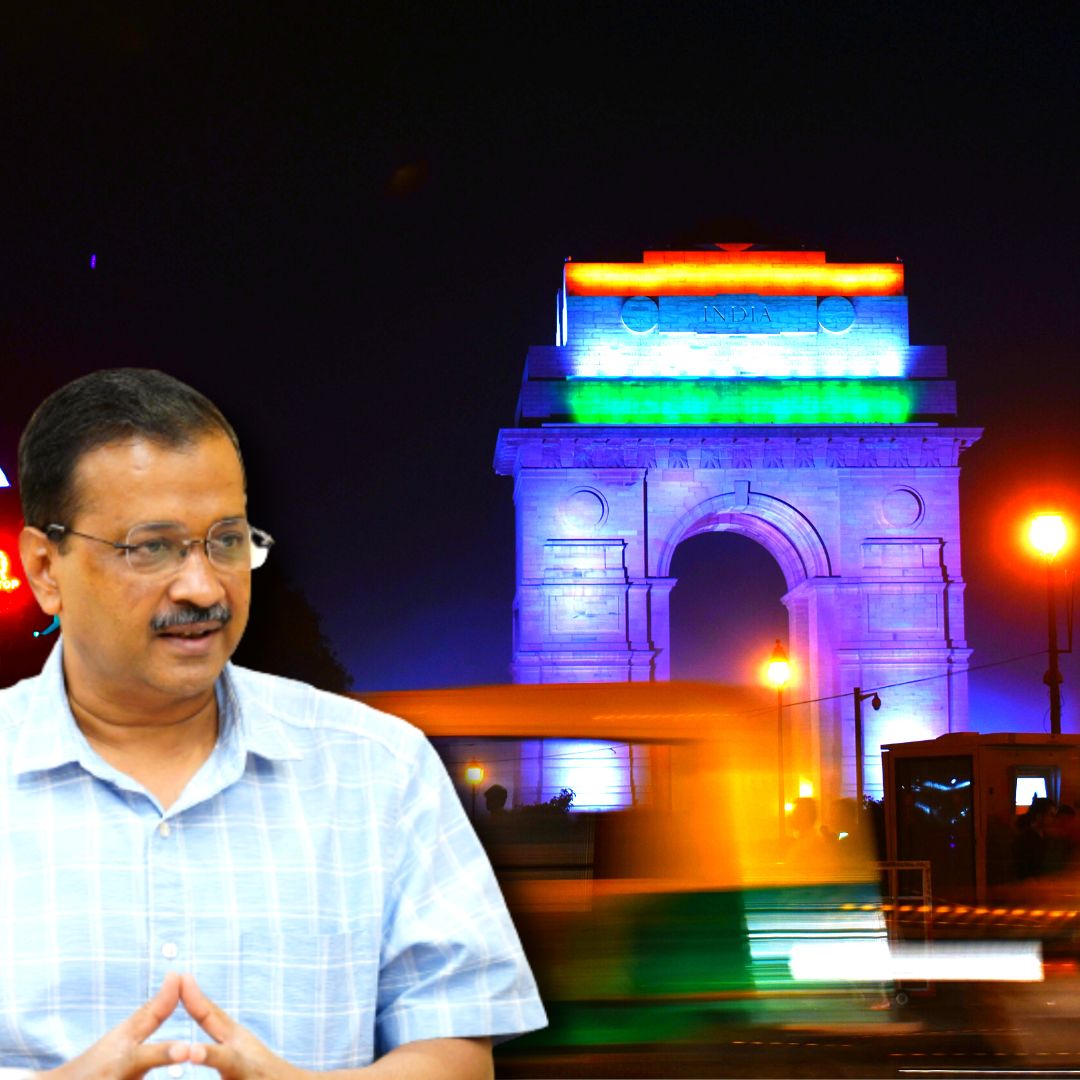
Image Credit: Unsplash and Facebook/Arvind Kejriwal (Representational)
Here's Why Delhi Govt Banned Entry of Medium, Heavy Goods Vehicles From November To February
Writer: Snehadri Sarkar
While he is a massive sports fanatic, his interest also lies in mainstream news and nitpicking trending and less talked about everyday issues.
Delhi, 24 Jun 2022 5:49 AM GMT
Editor : Ankita Singh |
A literature lover who likes delving deeper into a wide range of societal issues and expresses her opinions about the same. Keeps looking for best-read recommendations while enjoying her coffee and tea.
Creatives : Snehadri Sarkar
While he is a massive sports fanatic, his interest also lies in mainstream news and nitpicking trending and less talked about everyday issues.
As per an official, the entry of such heavy automobiles would be banned from November 1, 2022, to February 28, 2023.
Arvind Kejriwal-led Delhi government has officially released an order banning the entry of medium and heavy goods vehicles in the national capital between November to February in an attempt to bring down vehicular pollution levels, officials stated on June 23.
As per an official, the entry of such heavy automobiles would be banned from November 1, 2022, to February 28, 2023. He also added that vehicular pollution leads to deterioration of air quality during the winter months, reported the Business Standard.
Back on June 15, the Delhi government had sent a written request to its bordering states, including Uttar Pradesh and Haryana, encouraging them to allow only BS VI-compliant buses to enter the national capital from October 1 onwards to help the city control air pollution.
The appeal was made to haggle with vehicular pollution issues in the national capital, which officials indicated, is playing a massive role by vehicles coming from the neighbouring state of Haryana.
Delhi also sees high levels of air pollution during the winter months, starting from October, amid many factors, including vehicular traffic and stubble burning.
Delhi's Nonstop Pollution Is Worrying!
From the toxic Yamuna water to the unhealthy breathing air, the national capital has been trying to fight back against many environmental problems, which are leading health hazards for the citizens.
Earlier this month, it was reported how air pollution shortens lives by nearly ten years in the National Capital Territory of Delhi, as per the statistics from a recent Air Quality Life Index (AQLI) report by the University of Chicago's Energy Policy Institute.
According to the National Clean Air Programme (NCAP) targets, sustaining and achieving a reduction in particulate pollution could lead to "remarkable health improvements", the report was quoted as saying by The Indian Express.
Furthermore, an enduring nationwide reduction of 25 per cent of particulate pollution would improve India's national life expectancy by nearly 1.4 years and also life expectancy for residents of the national capital by approximately 2.6 years, as per the data released for India.
Also Read: From Stomach Aches To Memory Lapses: New Lancet Study Reveals Top Long COVID Symptoms In Kids
 All section
All section














